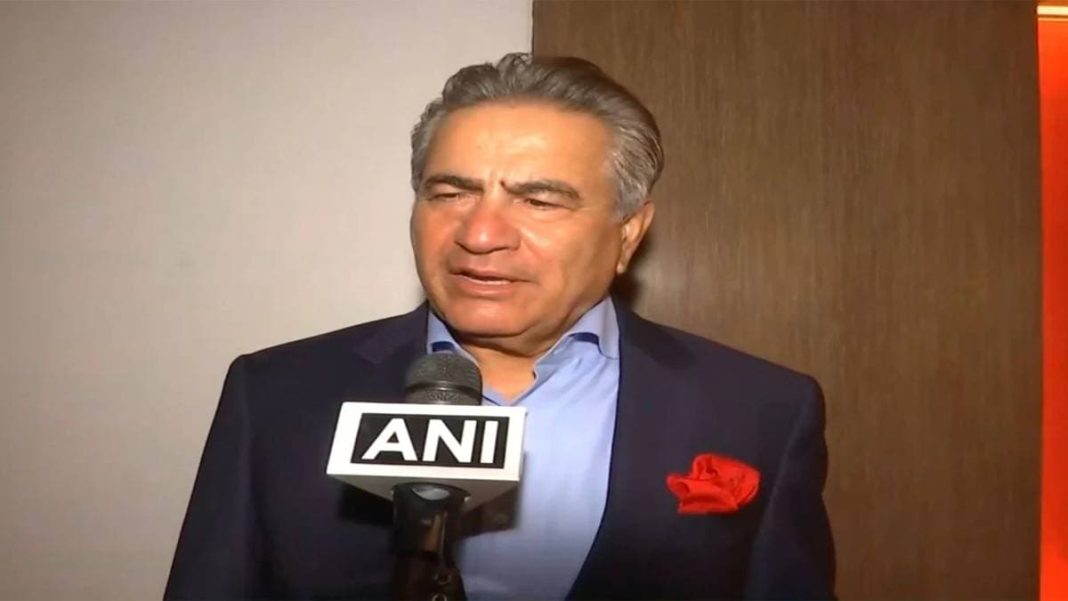India-US Trade Deal Awaits Trump’s Final Approval
Trade negotiations between India and the United States have progressed significantly and are now awaiting a final decision from President Donald Trump, according to a top official from the US-India Strategic Partnership Forum (USISPF).
Key Takeaways
- USISPF President Mukesh Aghi confirms trade terms are finalized from India’s perspective.
- The deal is now with President Trump for final approval.
- Recent US tariff exemptions on agricultural goods provide India with a slight advantage.
Deal Status: Awaiting Presidential Call
Mukesh Aghi, President and CEO of USISPF, revealed that trade negotiations have “moved on quite well” and are essentially complete from India’s standpoint. “Everything is done and the terms are with the President. We are waiting for the President to take a call and close the deal,” Aghi stated in conversation with ANI.
Tariff Exemptions Benefit Indian Exports
India stands to gain a small advantage as the US administration has exempted several agricultural products from reciprocal tariffs imposed earlier this year. According to trade think tank Global Trade Research Initiative (GTRI), these items will now face only standard Most Favored Nation (MFN) duties.
A White House Executive Order issued on November 12 excluded multiple products from the April 2 reciprocal tariff regime, including:
- Coffee, tea, and tropical fruits
- Spices including pepper, ginger, turmeric, curry, anise, cumin, cardamom, and nutmeg
- Bananas, oranges, tomatoes, and beef
- Certain fertilizers
The exemptions took effect on November 13 and apply to goods either not produced in sufficient quantities domestically or requiring climate conditions unavailable in the US.
India’s Current Export Footprint
Despite the opportunity, India currently holds a modest position in the US market for these tariff-exempt products. Of America’s $50.6 billion import basket for these categories, India supplies only $548 million.
India’s exports to the US are concentrated in high-value spices and niche products, with the largest contributions coming from:
- Pepper and capsicum preparations ($181 million)
- Ginger, turmeric, and curry spices ($84 million)
- Anise and cumin seed categories ($85 million)
- Tea ($68 million)
- Cardamom and nutmeg ($15 million)
The country also exports smaller quantities of coconuts, cocoa beans, cinnamon, cloves, and fruit products to the United States.




